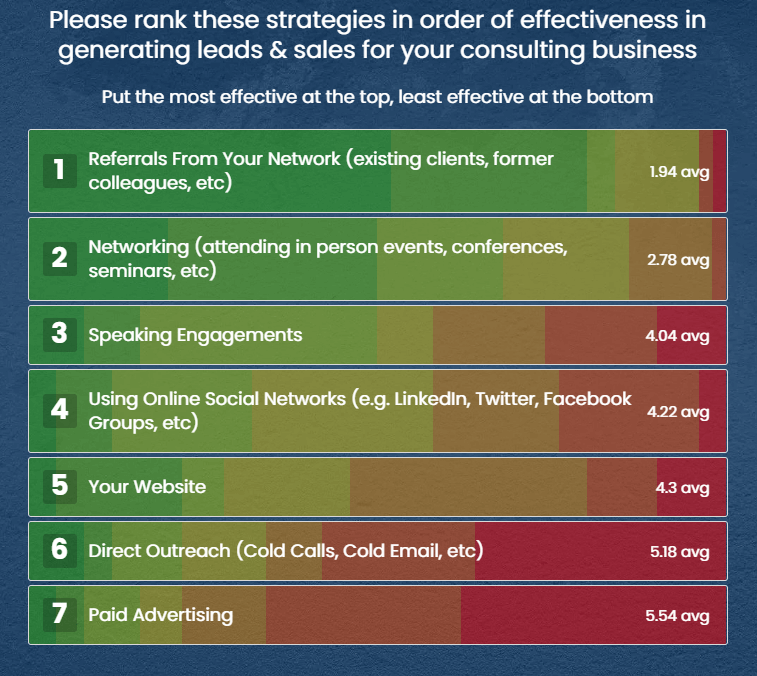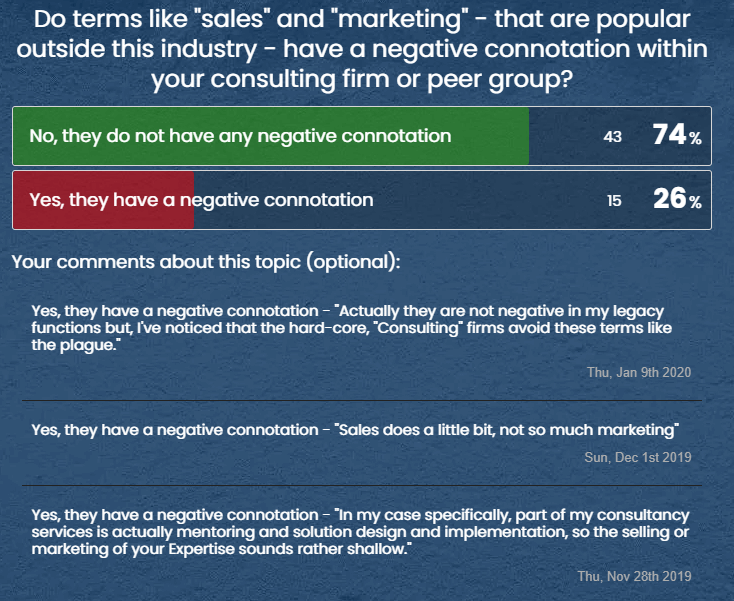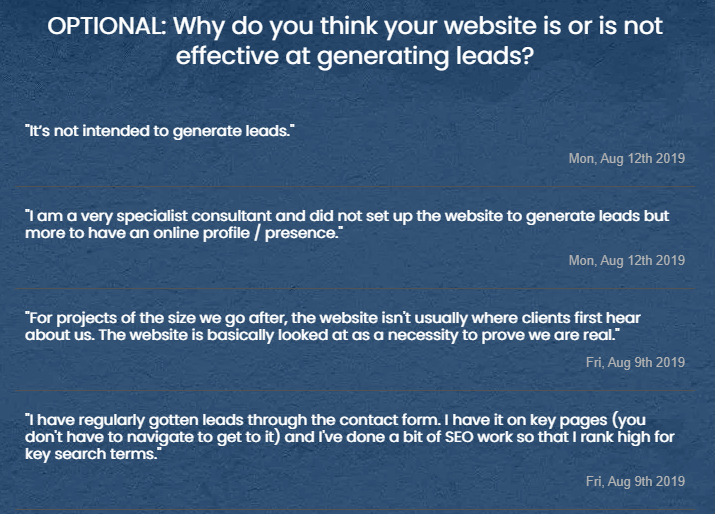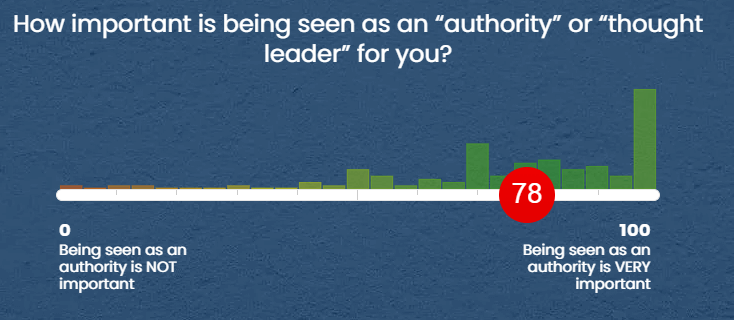How do consulting firms find new clients? How should they find new clients?
These are crucial questions at the best of times, and even moreso in the economic downturn that we’re likely to experience due to COVID-19.
I sought to answer these questions, and more, by surveying over 1,000 consultants. A massive thank you to all who contributed time and energy to answering my questions! Here’s some quick datapoints:

Referrals are the No. 1 source of new business for the majority of consulting firms – and not just small firms like independents & boutiques, but all the way through firms sized 50, 100 and even up to 200 in staff count.
In-person networking at events is the No. 2 source of new business for most firms. This is a particular challenge in the time of COVID-19. It’s a huge topic so I’ll address this in a follow-up email.

Terms like “sales” and “marketing” still have a negative connotation within 26% of consulting firms; “new business development” is the most popular way to refer to sales.

78% of consulting firms sized 1-10 spent less than $1,000 on their website. And 65% of firms felt that their website was not effective at generating new leads. Why? Because it is deliberately not intended to generate leads. More on this later.

71% of consultants we surveyed said they are NOT seen as thought leaders by clients & peers.

But the majority see being an authority as important and realising benefits such as:
- “Inbound warm leads who accept a premium fee”
-
“Higher fee rates”
- “More speaking gigs and higher fees!”
- “Thought leadership helps me reach a broader client audience and compete better with other firms.”
- “Respect and Relationships”
Insights and Opportunities
Business Development
- Insight: The biggest insight I discovered was the widespread reliance on referrals as a source of business. Referrals dominated across firm sizes, from independent consultants right up to firms sized 51-200.
- Opportunity: What this means is that there is huge opportunity for firms who are willing to consider other lead generation methods and marketing channels.
Website Purpose
- Insight: Another insight for me was the way that firms use their websites: for most firms their website is not a source of leads, but simply a credibility tool used to establish trust with prospective clients who are doing background research on the firm.
- Opportunity: Again here is an opportunity for those firms willing and able to use their website as an active lead generation tool.
Positioning
- Insight: Consulting firms are rarely specialized: 61% say they are generalist, and only 14% are vertically specialized (i.e. serving clients in only 1 industry). This makes the task of marketing very difficult, as the first step in any marketing strategy is to identify who you are targetting.
- Opportunity: Differentiating yourself from the competition if you are willing to position your firm as more specialized, particularly vertically specialized.
Authority & Thought Leadership
- Insight: Being seen as an authority or thought leader is important to the vast majority of consultants, but less than one third of consultants believe that they are seen that way by clients and peers.
- Opportunity: With good positioning it is possible to become known as an authority or thought leader through content-marketing. There are some pitfalls to avoid, which I’ll address elsewhere on my email list.
I’ll follow-up with more details as I process and collate the data with my team. We’ll be releasing a full report, possibly in the form of a short ebook at some point, that will be free to everyone on this list so stay tuned!
* Note: I also conducted one particular survey with firms size 11-50 and 50-200 – more on this in a later update.

